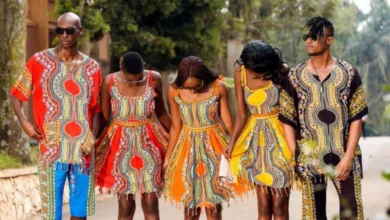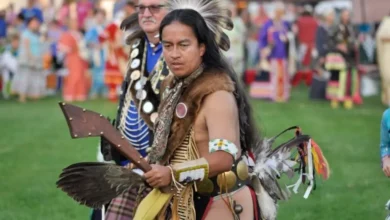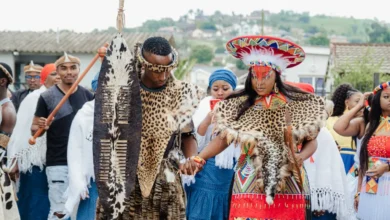The Universal Language
Music, a powerful force that transcends linguistic barriers, has been an integral part of human culture since time immemorial. Its ability to evoke emotions, tell stories, and create a sense of unity makes it indispensable in both religious and secular ceremonies across the globe. This article explores the diverse ways music is employed in these settings, highlighting its significance in different cultures and traditions.
The Sacred Soundscape: Music in Religious Ceremonies
Throughout history, music has played a pivotal role in religious practices. It’s often believed to be a bridge to the divine, a way to express devotion, and an instrument for creating a spiritual atmosphere. The use of music varies significantly across different religions, each with its unique forms and purposes.
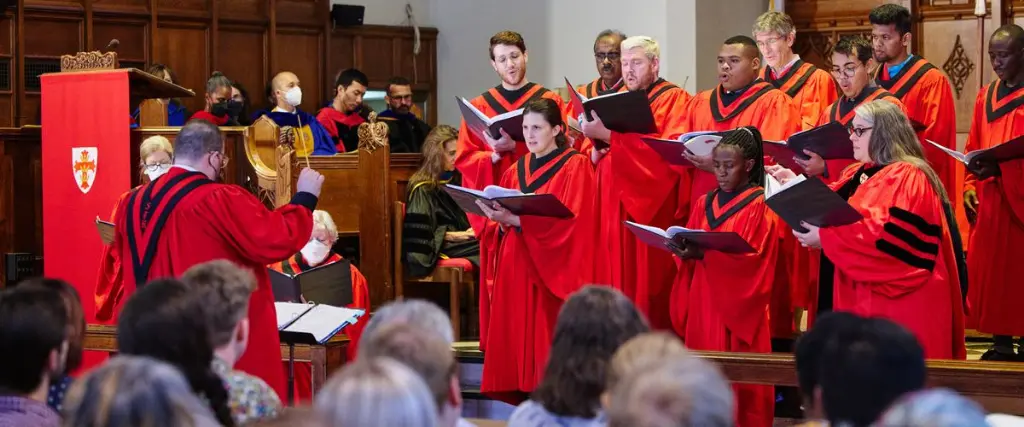
Music as a Form of Prayer and Worship
In many religions, music is considered a form of prayer or worship itself. For example, in Christianity, hymns, gospel music, and chants are essential components of religious services. The soaring melodies and powerful lyrics aim to uplift spirits and draw believers closer to God.
Similarly, in Islam, the recitation of the Quran, known as Tajweed, is often done in a melodious manner, considered a sacred form of art and prayer. The call to prayer, or Adhan, is another powerful example of music used to invite Muslims to prayer five times a day.
See also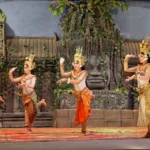 The Role of Traditional Dance in Global Cultural Ceremonies
The Role of Traditional Dance in Global Cultural Ceremonies- Christianity: Hymns, Gospel, Chants, Organ music
- Islam: Quran recitation (Tajweed), Adhan (call to prayer), Nasheeds
- Hinduism: Bhajans, Kirtans, Mantras
- Buddhism: Chanting, Mantras, Temple music
- Judaism: Cantorial music, Shofar, Klezmer
Music for Rituals and Rites of Passage
Music also plays a critical role in religious rituals and rites of passage. In Hinduism, for instance, bhajans and kirtans (devotional songs) are often performed during pujas (worship ceremonies) and festivals.
These songs are believed to create a divine atmosphere and connect the participants to the deities. In Buddhism, chanting and the use of specific instruments are integral parts of meditation and other religious practices, helping practitioners find focus and peace.
Judaism employs specific chants and prayers during bar mitzvahs, weddings, and other life cycle events. The use of the shofar (ram’s horn) is an important ritualistic sound during the High Holy Days.
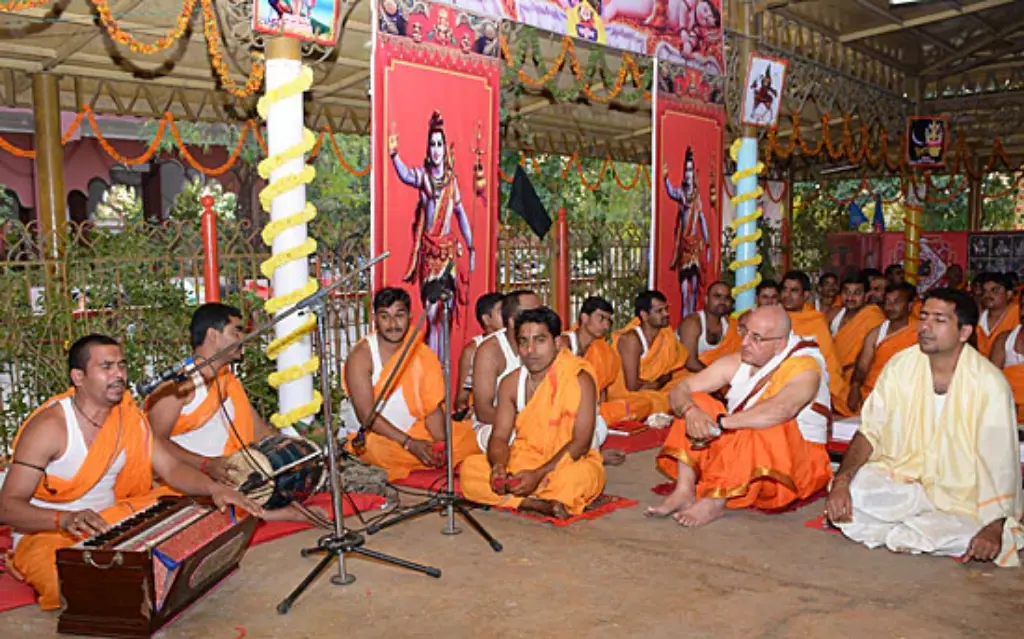
The Role of Music in Creating Sacred Space
Beyond its functional use as a prayer or ritual component, music is often used to create a sacred space. The specific sounds, whether it’s the resonant tones of a church organ, the rhythmic chanting of Buddhist monks, or the intricate melodies of Hindu classical music, are all intended to evoke a sense of reverence and transcendence. The deliberate use of harmony, melody, and rhythm can help individuals detach from the mundane world and enter a space of spiritual contemplation.
See also The Sacred Fire: A Symbol in Global Marriage Ceremonies
The Sacred Fire: A Symbol in Global Marriage CeremoniesBeyond the Divine: Music in Secular Ceremonies
While deeply ingrained in religious contexts, music’s power isn’t limited to spiritual realms. It plays an equally significant role in secular ceremonies, enhancing communal experiences and marking important moments in life. From national holidays to personal milestones, music enriches these occasions, imbuing them with emotion and meaning.
Celebrating National Identity: Music in National Ceremonies
National anthems, patriotic songs, and traditional folk music are all common features of national ceremonies. These pieces often evoke feelings of national pride, unity, and shared history. During Independence Day celebrations, or other national holidays, the performance of these songs reinforces a sense of belonging and collective identity. The music serves as a sonic reminder of shared values and heritage, fostering a sense of patriotism.
Marking Life’s Milestones: Music at Weddings, Funerals, and Graduations
Music is central to marking personal milestones, such as weddings, funerals, and graduations. At weddings, music creates a joyful and celebratory atmosphere. From classical processional marches to contemporary love songs, the chosen music reflects the couple’s personality and the mood they wish to create.
During funerals, music provides comfort, solace, and a way to express grief. Hymns, requiems, or songs that were meaningful to the deceased are often played, honoring their life and providing a space for mourning. Similarly, at graduation ceremonies, celebratory anthems and uplifting melodies mark the culmination of years of study and look forward to future endeavors.
Music as a Social Connector: Festivals and Community Gatherings
Music has the incredible ability to bring people together, fostering a sense of community. At secular festivals and community gatherings, music plays a pivotal role in creating a shared experience. Whether it’s the lively rhythms of a folk festival, the pulsating beats of an electronic music event, or the singalong tunes of a community choir, music provides a common language through which people connect, celebrate, and build relationships.
The specific genres, tempos, and instruments used often reflect the local culture and contribute to the unique identity of the event.
The Cultural Tapestry: Variations in Musical Expression
While music’s role in ceremonies is universal, its expression varies drastically across cultures. These variations in musical styles, instruments, and performance practices reflect the unique histories, values, and aesthetics of each community. Let’s explore some specific examples:
African Rhythms and Percussion
In many African cultures, music is deeply ingrained in daily life and often involves intricate rhythmic patterns and extensive use of percussion instruments. Ceremonial music often features complex polyrhythms, call-and-response patterns, and the powerful sounds of drums. Dance is often inseparable from the musical performance, creating a dynamic and immersive experience.
Asian Melodies and Traditions
Asian musical traditions are incredibly diverse, ranging from the delicate melodies of Japanese Gagaku to the vibrant sounds of Bollywood music. In China, traditional instruments like the guzheng and erhu are often used in ceremonial performances, while in Japan, taiko drumming is a powerful element of many festivals.
In India, classical music (Carnatic and Hindustani) plays an integral role in religious and cultural events, with instruments like the sitar, tabla, and veena taking center stage. Each region within Asia has its specific approach, influenced by both spiritual practices and local histories.
European Harmonies and Instrumentation
European musical traditions are known for their rich harmonic structures, often employing instruments like the violin, piano, and cello. Choral music has historically been a staple of religious ceremonies, while folk music plays a vital role in secular celebrations.
The use of instruments in ensemble is very characteristic and is often structured into symphonies, string quartets, and other types of groups, creating a unique style that’s recognizable on a global scale. From the sweeping grandeur of Baroque music to the intimate beauty of chamber music, European musical traditions offer a wide range of styles for various types of ceremonies.
Indigenous Expressions and Storytelling
Around the globe, various Indigenous cultures utilize music as a means of preserving oral traditions, expressing spiritual beliefs, and celebrating cultural identity. In many Native American cultures, for instance, songs are used in ceremonies related to healing, harvesting, and coming of age.
These songs often incorporate elements of nature, animal sounds, and intricate vocal harmonies. In Australia, didgeridoo music and indigenous songs tell ancient stories and mark significant events in Aboriginal culture. These musical expressions reflect a deep connection to the land and a profound respect for ancestors and traditions.
The Enduring Power of Music
In conclusion, the role of music in both religious and secular ceremonies worldwide is undeniable. It’s a universal language that expresses the full spectrum of human emotion, from profound grief to exuberant joy.
Music enhances our experiences, creates a sense of unity, and helps us mark significant moments in life. Whether it’s used to connect with the divine, celebrate a national holiday, or commemorate a personal milestone, music’s power lies in its ability to transcend boundaries and unite us through shared experience.
Its enduring presence in these settings across all corners of the globe is a testament to its profound influence and the vital role it will continue to play in human society for generations to come. Music remains a fundamental aspect of what makes us human, connecting us through our emotions, history, and shared moments of celebration and reflection.
Understanding these various roles not only deepens our appreciation for music itself but also provides an important window into the diverse cultures and traditions that enrich our global community.

